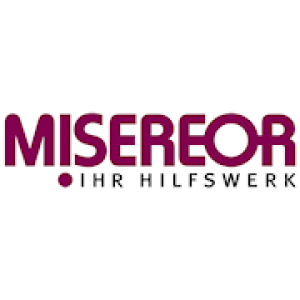Minimising the risk of pesticide contamination in organic coffee production in Peru
GEPA has been importing organic coffee from various cooperatives of small producers in Latin America – including six cooperatives in Peru – for more than 40 years. The coffee is sold in shops specialising in the sale of organic and fair-trade products, and in supermarkets in Germany such as Rewe and Edeka.
The organic conversion of coffee has contributed significantly to the sustainability of coffee cultivation and increased profitability for small farmers. However, the coffee is produced in an environment where conventional production also dominates, representing a risk of contamination with pesticide residues, especially glyphosate herbicide.
Internal control mechanisms in the cultivation and subsequent processing steps of coffee are a constant challenge and form part of the training. In view of the growing problems incultivation, which are partly caused by climate change, MISEREOR and Naturland also consider it important to help make production more resilient. The agroforestry concept is an ideal tool with which farmers can counteract increasing attacks by pests and diseases and make their crops more resilient.
During training workshops with co-operatives, Naturland helps to analyse the risks at each stage of the value chain. These risks exist from the moment the coffee is grown until it is exported. It is therefore important that those in charge are able to identify the risks of contamination by pesticides and take appropriate measures to minimise the risks. Similarly, the agroforestry concept is introduced as a sustainable cultivation practice that protects organic coffee from increasing attacks by pests and diseases.
At the end of each workshop, the identified risks and possible measures to minimise them are summarised during a final discussion. In order to reflect and learn together, the six coffee cooperatives meet in groups at the end of each individual training session in southern, central and northern Peru.
Duration: 2020-2021

This MISEREOR-funded project is being implemented in cooperation with ECOTOP, an institution with expertise in dynamic agroforestry systems.